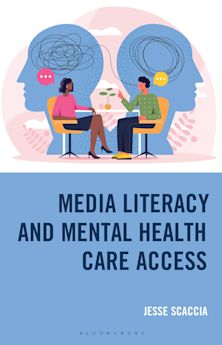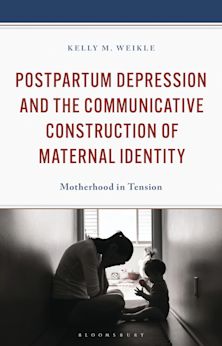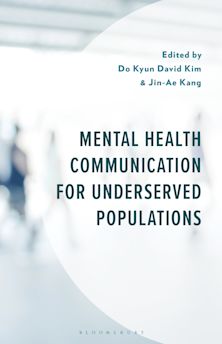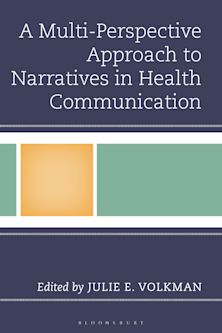Communicating the Climate Crisis
New Directions for Facing What Lies Ahead
Communicating the Climate Crisis
New Directions for Facing What Lies Ahead
This product is usually dispatched within 1 week
- Delivery and returns info
-
Free CA delivery on orders $40 or over
Description
Communicating the Climate Crisis puts communication at the center of the change we need, providing concrete strategies that help break the inertia that blocks social and cultural transformation. Reimagining “earth” not just as the ground we walk upon but as the atmosphere we breathe—Eairth—this book examines our consumption-based identities in fossil fuel culture and the necessity of structural change to address the climate crisis. Strategies for overcoming obstacles start with facing the emotional challenges and mental health tolls of the crisis that lead to climate silence. Breaking that silence through personal climate conversations elevates the importance of the problem, finds common ground, and eases “climate anxiety.” Climate justice and faith-based worldviews help articulate our moral responsibility to take drastic action to protect all humans and the living world. This book tells a new story of hope through action—not as isolated, “guilty” consumers but as social actors who engage hearts, hands, and minds to envision and create a desired future.
Table of Contents
Chapter 1: Eairth
Chapter 2: Fossil Fuel Culture
Chapter 3: Individuals as Social Actors, Not Consumers
Chapter 4: Emotions and Climate Silence
Chapter 5: Breaking the Silence: Strategies for Talking About Climate Change
Chapter 6: Justice and Faith: The Moral Imperative of Climate Change
Chapter 7: A New Relationship with Eairth
Chapter 8: Telling a New Story
Product details
| Published | Feb 22 2021 |
|---|---|
| Format | Hardback |
| Edition | 1st |
| Extent | 230 |
| ISBN | 9781793638021 |
| Imprint | Lexington Books |
| Illustrations | 2 b/w photos; 2 tables; 5 textboxes; |
| Dimensions | 238 x 238 mm |
| Series | Environmental Communication and Nature: Conflict and Ecoculture in the Anthropocene |
| Publisher | Bloomsbury Publishing |
Reviews

ONLINE RESOURCES
Bloomsbury Collections
This book is available on Bloomsbury Collections where your library has access.


































